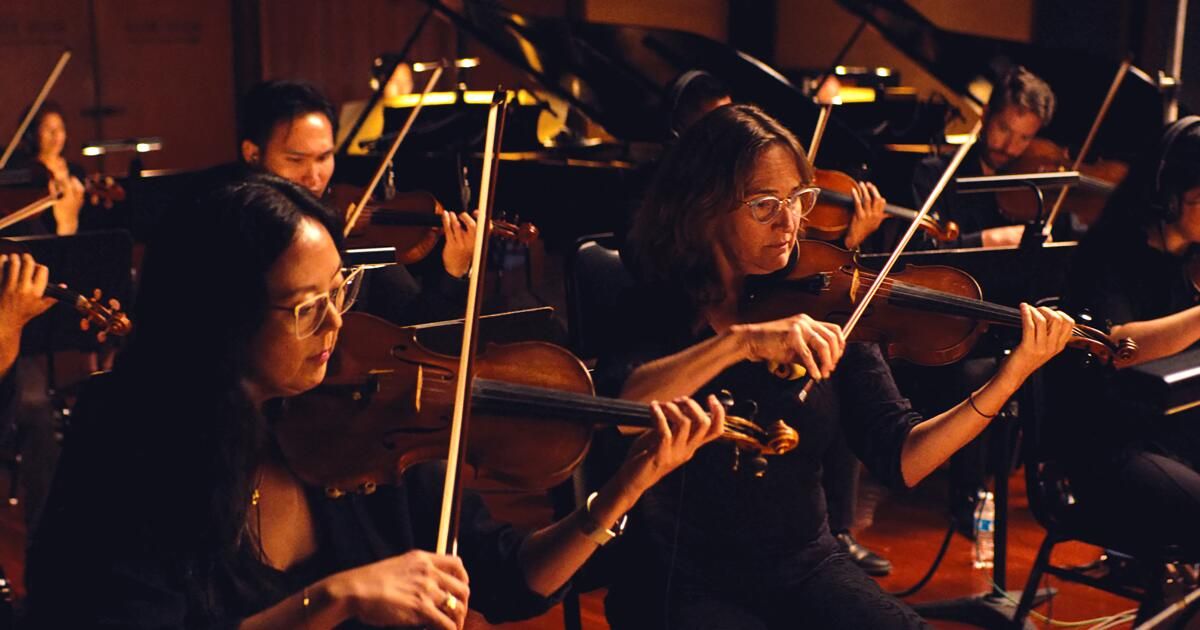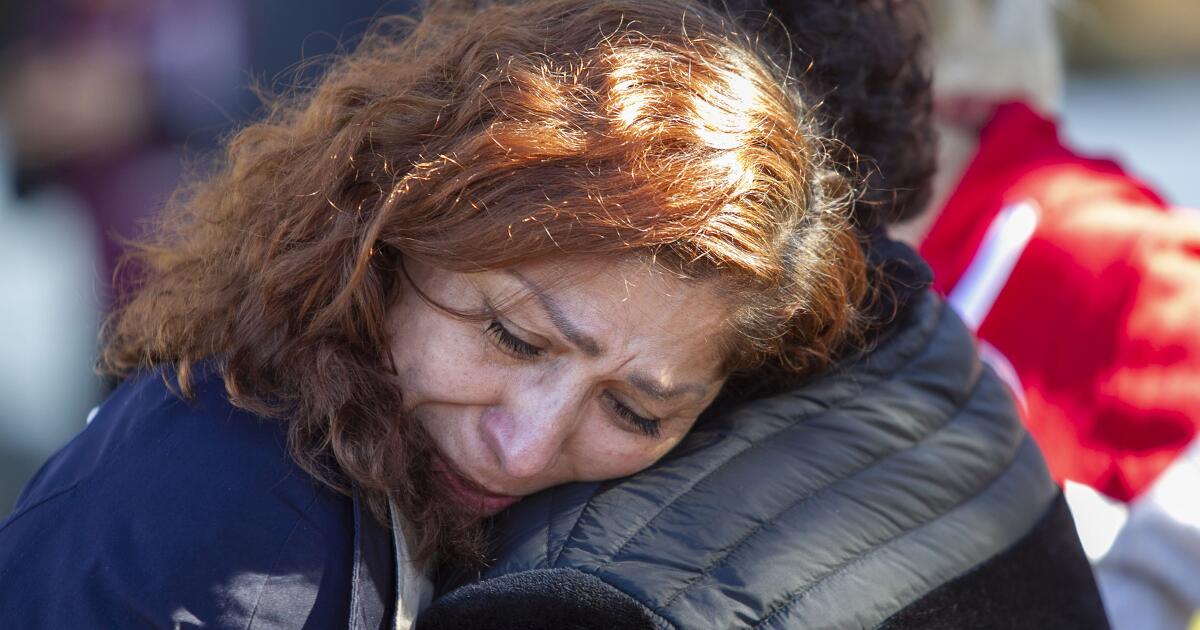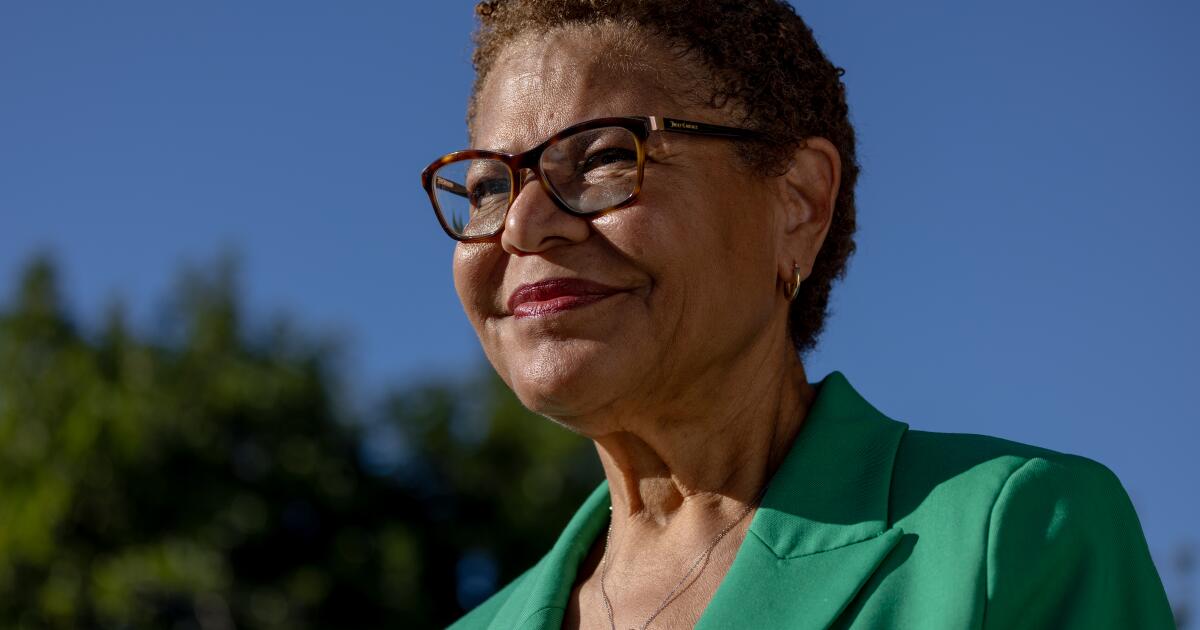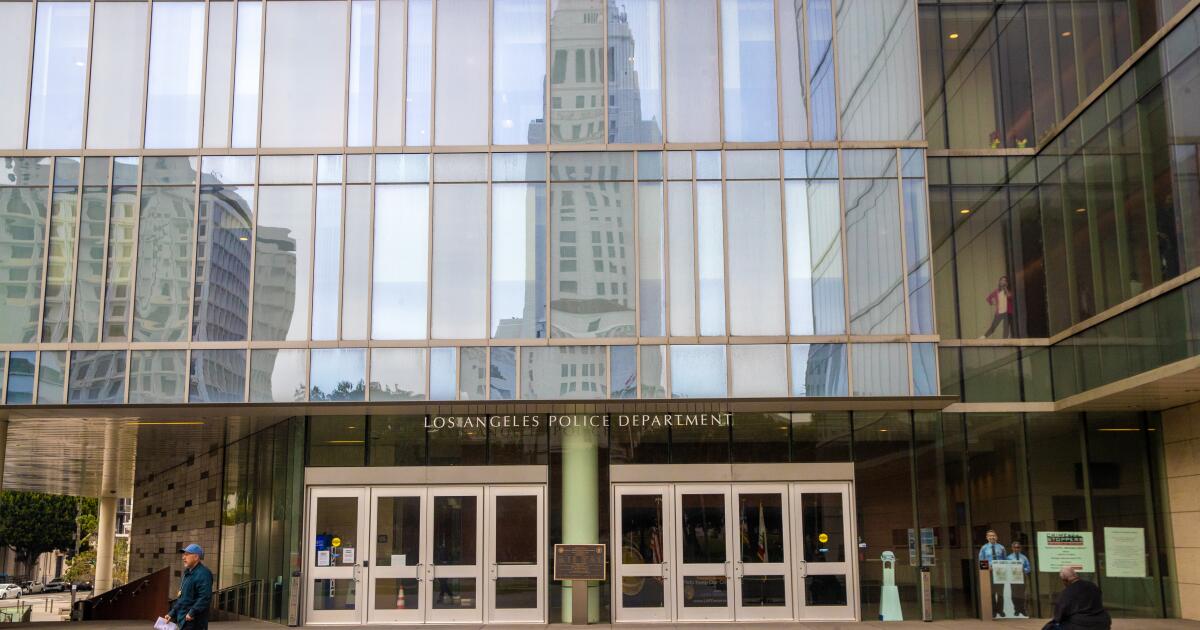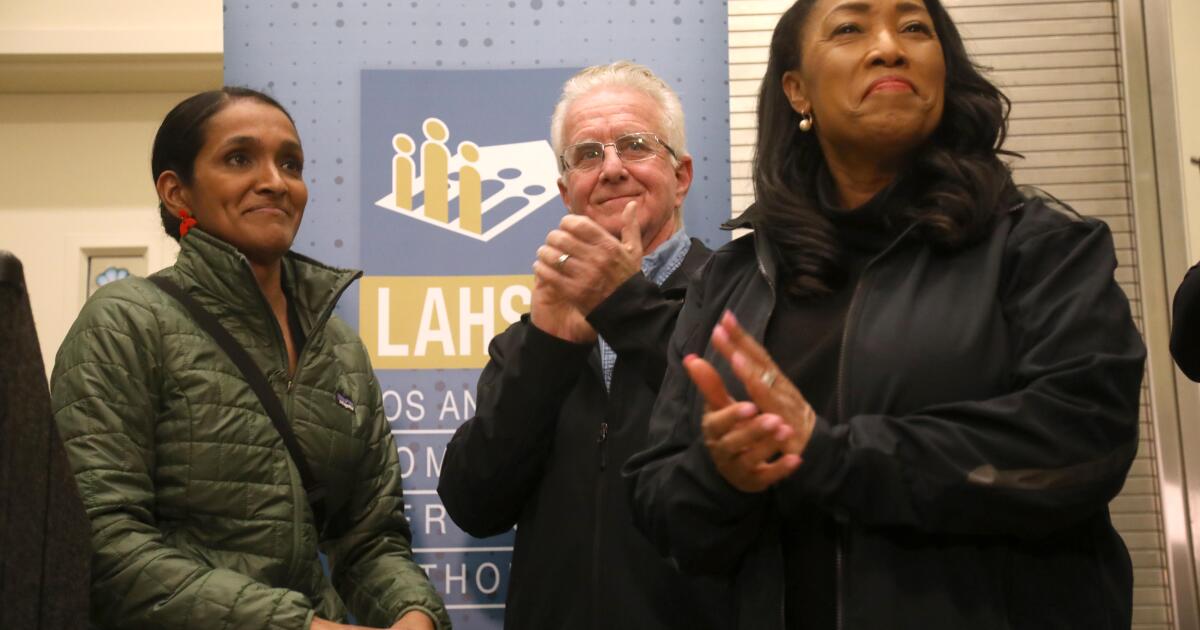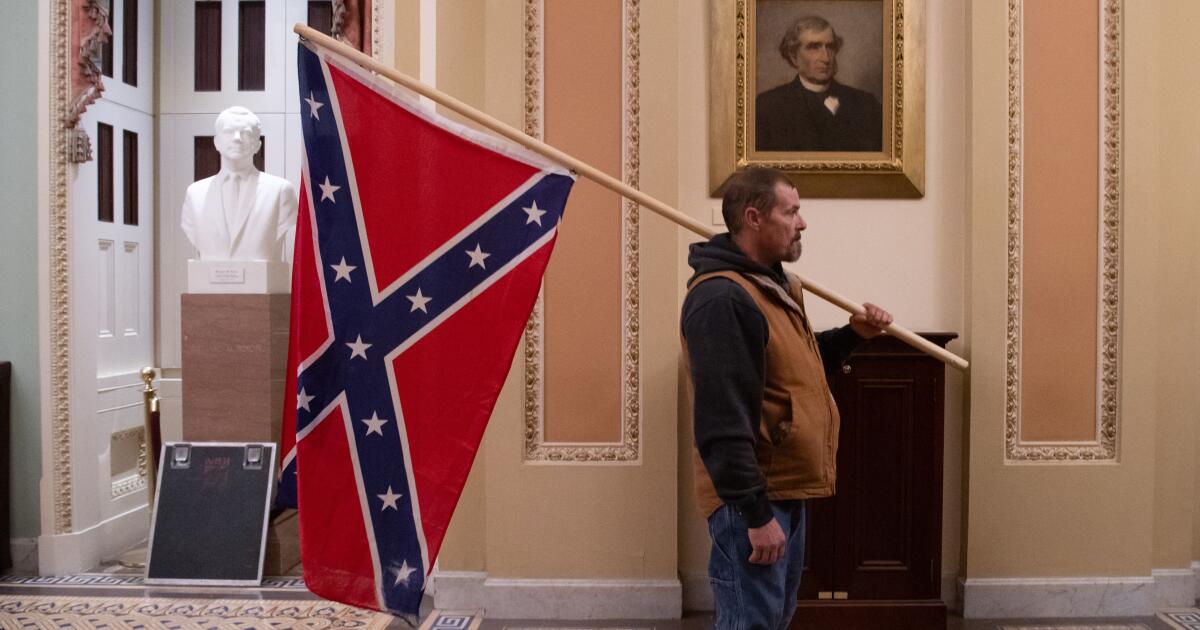It was a perfect summer day in June 1999. When I was 10, I nervously approached the 1952 mahogany Winter baby grand piano that stood in the courtyard, center stage. I was invited to perform solo for students and their parents at my fifth grade graduation ceremony at Third Street School in Los Angeles.
As I sat on the bench to play Clementi's lively Sonatina in C major, even in the summer heat, my fingers were cold as they brushed the keys in the silence before beginning. It was my first important public performance. After a moment, everything around me disappeared and it felt like it was just me and the piano. Now I know it was me, the piano and Steve Bagmanian.
Last August, more than 24 years later, I found myself walking across the familiar wood of the Eastwood Scoring Stage on the Warner Bros. lot in Burbank to record the music for my seventh film there. You may not have heard of this room, but I bet you have. Built just after the arrival of sound in cinema in 1929, this 5,000-square-foot set has been used to record thousands of film scores, from “Casablanca” to “The Color Purple,” for which I composed the score. It's one of those “if you know, you know” places in Los Angeles that has witnessed as much music history as almost any other place in the world.
On this occasion, the 94-year-old monument welcomed students, alumni and staff of the Los Angeles Unified School District. As I approached the piano, I ran into Steve Bagmanian, who stood up to greet me with a big hug. Steve is a piano tuner and the person who manages the musical instrument repair shop for the Los Angeles Unified School District.
It was there because it's at the center of a short documentary I co-directed called “The Last Repair Shop.” which gave me the opportunity to meet the people who make music education work in this city. It turns out that Steve was the tuner for the pianos he played in elementary school. Steve and generations of LAUSD alumni were on the Eastwood stage to film a special performance of “The Alumni,” which I wrote for the end of the movie.
I was surprised that Los Angeles is one of the last major cities in the United States to offer free musical instruments to public school students. We are a bastion of music education compared to most of the country, where participation in the arts largely depends on whether your parents can afford it. Despite all the studies showing that students who dedicate themselves to the arts not only more likely to excel academically but also to develop creativity, trust and collaboration, getting funding for arts education has been an uphill battle.
In the midst of a global pandemic and mental health crisis, there is legitimate concern that we are raising a “lost generation.” Is music the answer? We know that schools with music programs have higher attendance rates than schools that do not have them, and a substantially higher graduation rate compared to non-music schools. Studies have shown that students who begin their music education before age 8 are more hopeful about the future. High school students who take music courses earn significantly higher scores in math and science than their non-musical peers. Students from low-income communities with music education. highest score on standardized tests.
And as the world becomes increasingly chaotic and fractured, young people need an outlet for their feelings more than ever. Something that makes sense of the tangled thoughts and tight feelings that cannot be expressed in words. Pain, joy, confusion and hope that can only be expressed with a bow on strings or the vibration of a wet reed. Children need healthy outlets. They need music.
Even as most public school systems struggle with budget cuts and reduced resources, Los Angeles is setting an important example. I and millions of people like me live, breathe, sing, cry, bang, strum, hum, crash and thunder proof that an investment in music not only ignites the heart of a young person but warms us all.
People like Steve, who work tirelessly to keep music alive in our schools, can't do it alone. In fact, it is the will of the Angelenos that has said: “Keep playing” to the students of this city, without conditions. It is the will of Angelenos that has kept the free instrument and repair program alive all these years, recognizing an asset that truly changes the lives of young people.
City of angels, by the way.
Kris Bowers, a pianist, composed the music for many films and television series, including “The Color Purple,” “Green Book,” “King Richard” and “Bridgerton.” He is co-director and producer of “The last repair shop” a short documentary about the LAUSD musical instrument repair shop.

